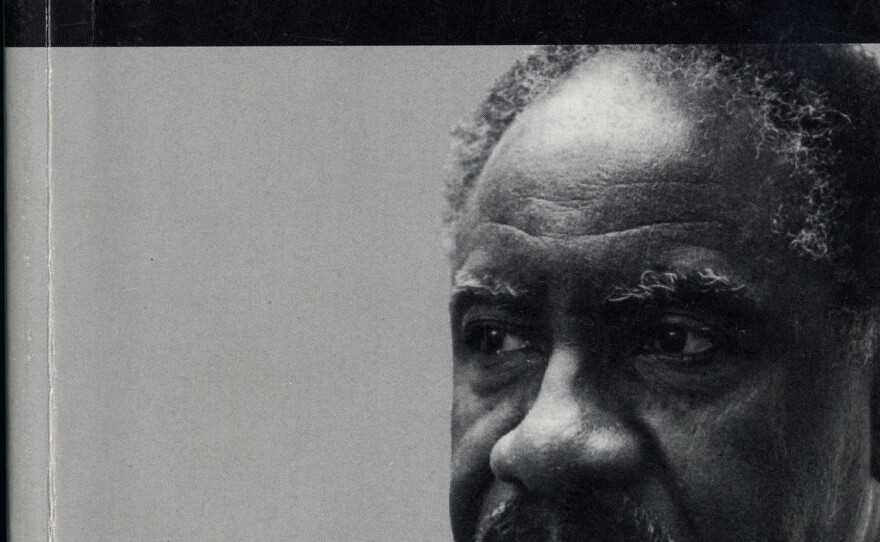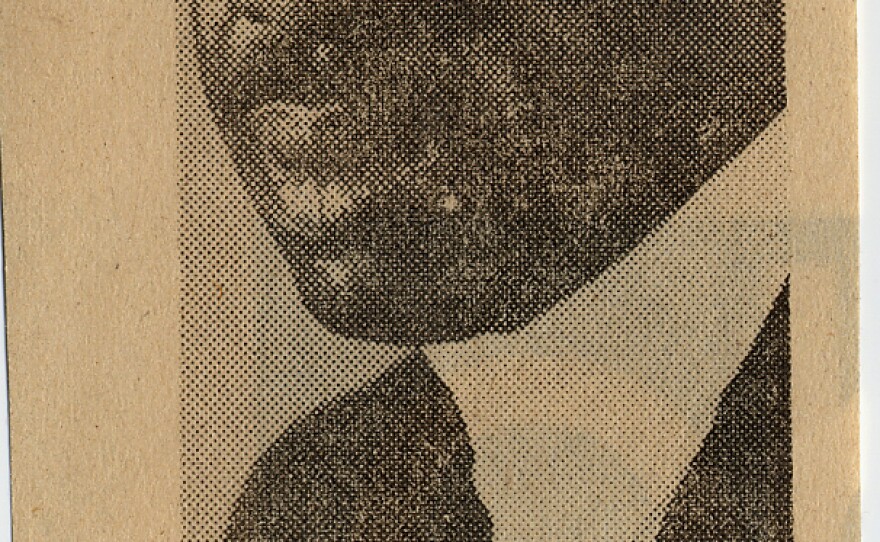In 1924, Elijah J. Gentry, the president of the NAACP San Diego office wrote the following to a colleague in New York:
“Colored people (in San Diego) are not allowed in restaurants, nor to drink soda water in drugstores, nor can they rent bathing suits at any bathing house or beach in this city.” Furthermore, he continued, despite the perception of racial tolerance, San Diego was nonetheless “a very prejudice(d) city.”
Forty years after this letter was written, three college student Freedom Fighters in Mississippi, were gunned down for their part in helping African Americans organize and register to vote. The incident was denounced by many, but here in San Diego, which remained a segregated city, the reaction was different, recalls Dr. Carrol Waymon, a 2013 Local Hero honoree for Black History Month.
“The San Diego City Council didn’t think it had a racial problem,” he says. “But when the city got caught up celebrating the death of the three Freedom Fighters, the city exploded, and that set the tone that maybe we do have problems. “
Waymon grew up, the son of a Methodist minister, with seven siblings, including his younger sister, the late Nina Simone, a renowned jazz performer/composer. In 1964, he was working on racial issues for the Los Angeles Human Relations Agency. It was then that the San Diego City Council asked the Los Angeles office for assistance. Waymon and a colleague were sent to San Diego to assess the situation. After an initial meeting, they left, puzzled.
“We didn’t know if there was a black problem, a Hispanic problem, or a white problem,” says Waymon. “But there’s something out there that we couldn’t see, and we’re pros and can see pretty well. So, it dawned on us that, that was the problem. That nobody was talking. The problem was invisibility. The problem was they had no way of probing it. They couldn’t see what they were looking at.”
Waymon returned to San Diego with a different tactic. “We visited the white community, the Hispanic community and any other community of color, and we listened. We were there for hours and we went back and said, ‘Yes, you do have a problem.’”
With some funding from the city, Waymon was appointed head of the Citizens Interracial Committee (CIC), the city’s first human relations agency, charged with convening community dialogues, identifying racial injustice, and educating the public about racial tension in San Diego.
To Waymon, who once dubbed San Diego the “Mississippi of the West” because racial injustice here ran deep, his work was just beginning. “On the 6th of September 1964, my office opened,” Waymon remembers. “We went to the city dumps and got me a chair, a cabinet and a desk, and we opened. From then on, the rest is history.”

The history Waymon refers to, that he and his team were able to realize, is an impressive litany of achievements:
Nullifying or removing restricted covenants so that African Americans and other people of color could live anywhere they wanted to in San Diego;
Writing the first Equal Employment Opportunity ordinances for city and county, which opened up opportunities for employment;
Making it possible for African Americans to stay in any of the major hotels in the county; and
Making it possible for African Americans to be able to try on clothes in department stores and dine in major restaurants.
Waymon puts it another way. “President (Barack) Obama was born in 1961. If his mother had come to San Diego to give birth, as a woman married to a black man, she could not have entered a major hospital except for Mercy Hospital. None of the other hospitals would have accepted her. She could not have eaten in a restaurant or stayed in a hotel. Not a single hotel in San Diego allowed blacks to be there. She couldn’t have gone into any department store and tried on clothes. If you tried on clothes you had to buy them. So, I coined the phrase, ‘try on and move on’ because if you try on, you better move on.”
One of his most challenging achievements was in education. “Throughout the history of San Diego, the schools were segregated,” Waymon attests. “Think about the 1954 case, Brown vs. Board of Education, and know it was worse here, in San Diego. I brought in the ACLU to change the school system. And, we did. Not only did the schools change, we soon had our first black superintendent, who was also a woman.”
Waymon, a retired educator who founded what is now known as the Africana Studies department at San Diego State University (SDSU), is proud to be considered a humanitarian. “I saw no barriers. I recognized barriers but they didn’t affect me. For me it was just something I needed to overcome.”
Looking back at his long career, he adds with a sly grin, “I guess I could’ve been earning a million bucks doing something else, but I didn’t see it that way. It was no big deal for me, teaching people how to respect each other and look beyond the culture. To respect them, even though they may not like you.”

Today, Waymon’s work continues. He gives his time to help Somali Youth United, and serves on the board of the Jackie Robinson YMCA. All told, he has spent 50 years giving of himself to help San Diego break barriers, and become a more tolerant, equal opportunity city. In addition to his Local Hero award, he is the recipient of other awards such as the Somali Youth United Community Award, and this year’s Jackie Robinson YMCA Dr. Martin Luther King, Jr. Human Dignity Award.
He’s also gathering his letters, essays, recordings and photographs—a treasure-trove of San Diego history—and donating them to the SDSU Library, which represents the largest collection ever to be donated to the library by an individual.
Waymon, who a year ago became a co-owner of Awash, an Ethiopian restaurant located in East San Diego, has sage advice for the next generation. “Be what you want to be. Accept whatever the limitations are, but recognize that if you cannot be that because of barriers, interpret them in a different way. Don’t let anyone define you. Instead, see the world for what it is—a big beautiful globe that we’ve messed up for a long time—and change it. Find out how to change it and let nobody stop you.”






